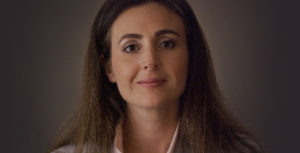Project Overview
The volunteer e-NABLE movement was founded in 2013 by Jon Schull, who also co-founded the Enable Community Foundation (ECF) to support a global network of volunteers using 3D printers to design, fabricate, and disseminate free, prosthetic-like hand and arm devices. These efforts focused on a particularly under-served community: the one in 2,000 children born with upper-limb abnormalities—a disability touching nearly every community across ethnic, religious, and class lines. ECF’s vision was to harness a combination of 3D technologies, internet collaboration, mass customization, distributed manufacturing, and volunteerism to reimagine the way upper-limb prosthetics are produced and distributed, making prohibitively expensive prosthetics available to all. Schull’s term as a Prize awardee concluded in 2016, when he left ECF to continue his work with e-NABLE and to conduct research on structuring online communities for the benefit of social movements. The J.M. Kaplan Fund has supported that research through non-Prize grant funds, while making a separate grant to ECF (since renamed LimbForge) to advance its promising vision. Subsequently, in 2018, LimbForge merged with the Victoria Hand Project, which provides innovative technology and engineering expertise to expand prosthetic rehabilitation options for the estimated 30 million people living with limb loss in the developing world. In part using tools pioneered by LimbForge, Victoria will continue to grow its network of prosthetists around the world who provide hundreds of 3D-printed limbs every year to those who need them most.
Five Questions
Learn more about this project
Meet our other 2015 awardees
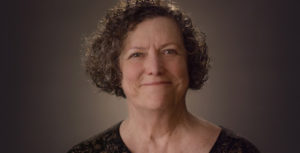
New York
A model for activating human capital in rural places, this “living museum of contemporary rural life” has helped inventive rural residents ignite a fresh sense of cultural and economic opportunity.
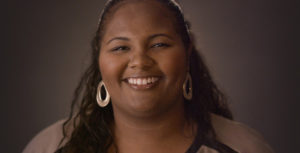
ScholarCHIPS for Children of Incarcerated Parents
Washington, D.C.
To break the cycle of intergenerational incarceration, ScholarCHIPS supports college students in the Washington, D.C. area who are among the millions of children in America with incarcerated parents.
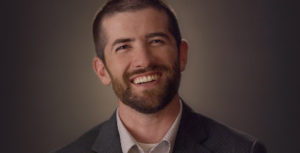
Washington State
Through a unique blend of peer mentoring, community farming, and “dirt therapy,” Growing Veterans uses sustainable agriculture as a catalyst for ending veteran isolation.
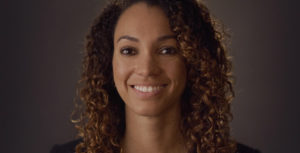
California
This peer-support program’s “healing to advocacy” agenda empowers women with incarcerated loved ones to push for social and policy reform, while boosting their economic resilience.
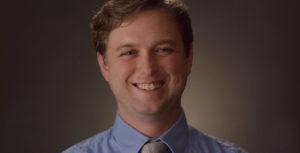
West Virginia
Tackling the economic, cultural, and environmental distress of West Virginia’s collapsing coal economy, Reclaim Appalachia creates new economic opportunities rooted in a vibrant spirit of place.
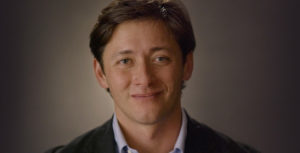
California
Bringing local fish into schools proves a powerful way to cultivate the next generation of ocean stewards, while promoting sustainable seafood and supporting a community’s fishing industry.
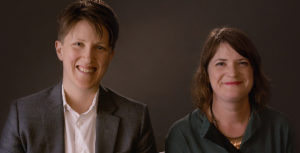
New York and North Carolina
To advance worker well-being, Coworker.org harnesses online tools to advocate for freelancers, independent contractors, and others in today’s gig-based workforce.
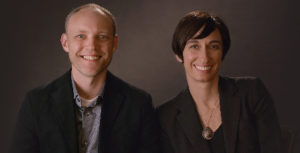
Elizabeth Monoian &Robert Ferry
Washington State
A series of large-scale public art installations seeks to transform unloved clean-energy infrastructure into wildly inspiring cultural and economic assets.

 Learn More
Learn More